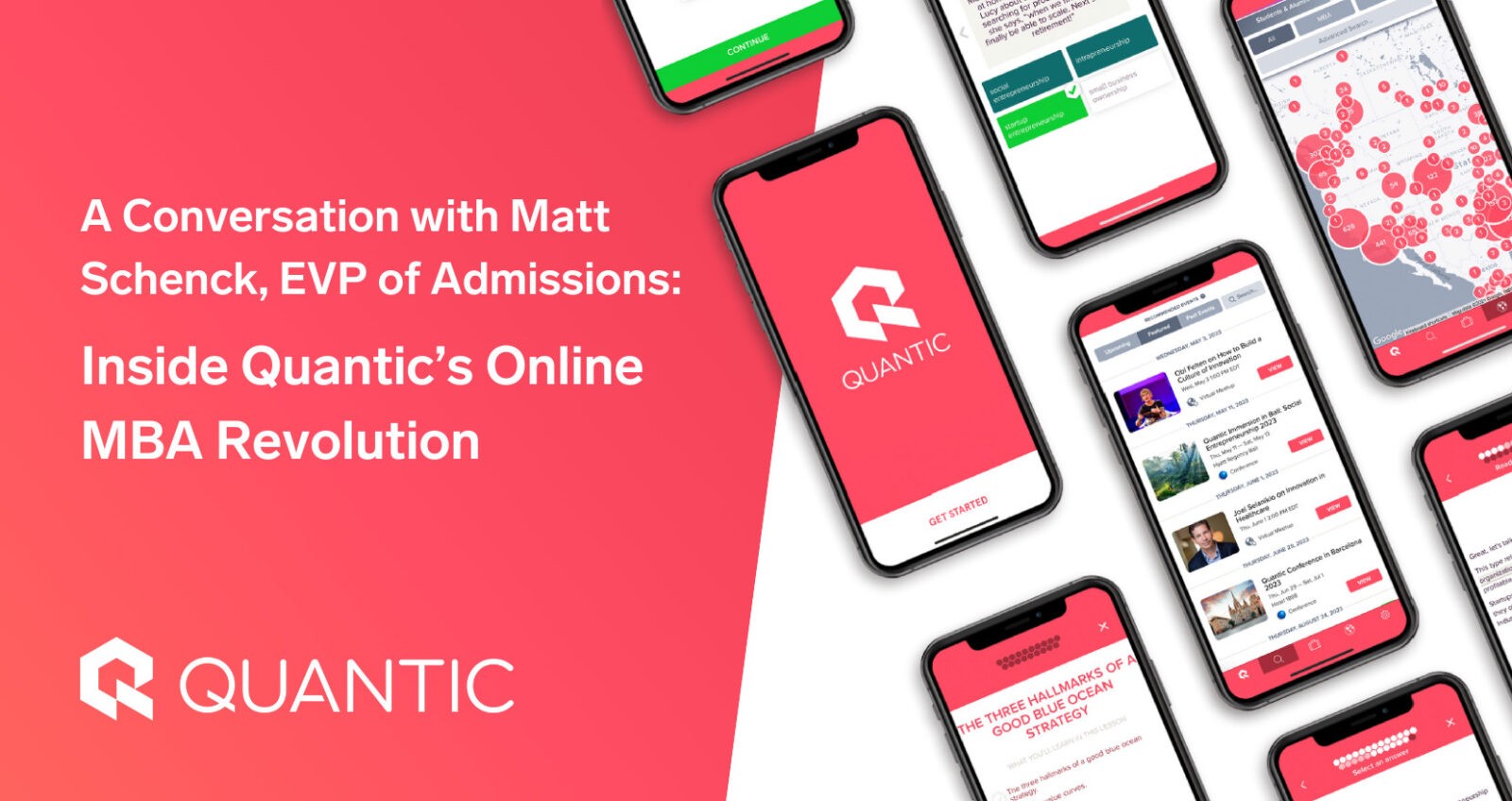EDUCATION
The Blue Ocean Mind
Ten years ago, I picked up a copy of Blue Ocean Strategy at an airport bookstore.
At the time, I was in my third year of running Rosetta Stone as CEO and we were enjoying annual growth rates of close to 100%. While still operating out of a converted seed warehouse in rural Harrisonburg, Virginia, I engaged consultants and advisers who invariably asked me: “Who’s your competition? What are your competitor’s strengths? How can you stay ahead or catch up?” or “Do you know how big the language learning industry is today? How fast is it growing? How can you gain market share?” Those weren’t the things we were focused on! We were thinking about how to build an interesting, enduring and delightful company.
We were an emerging company and were…well…a bit odd. Our price point was tenuous (twenty times the cost of rival language learning software). Marketing spend also seemed unsustainably dominant (with sprawling kiosks and crazy-high ad spending), all managed without an integrated media plan. Indeed, we were unfocused in terms of our end markets, offering the same curriculum in 25+ languages to the US Army, Fortune 500 companies, school districts, homeschoolers, and individual consumers. We were a legacy of seemingly illogical decisions (we were told) in need of a strategy to become more competitive.
And yet, we had just become the #1 company in the US language learning industry by revenues overtaking the long established brick-and-mortar based Berlitz. We were profitable, and were one of the fastest growing companies in the nation. We certainly did not feel like we were all wrong—even if we didn’t have it together in all sorts of ways. We were doing well, and enjoying the ride.
Discovering Blue Ocean Strategy was a pivotal moment for me. It provided a framework for what we had been doing and explained why our independent and unusual approach was working. It spurred me to hone our strategic approach as we evolved new innovative offerings and business models. And as colleagues also became familiar with Blue Ocean Strategy, the powerful concepts became part of our common parlance across the company, inspiring product designers to re-think English language training in Asia, while also helping with on-boarding new collaborators who typically wanted to teach us their more reasonable way of focusing on beating the competition.
While not every single Blue Ocean Strategy turned to gold, it was the right framework for designing solutions to age-old problems. Like anything in life, it will not work every time and reality is unpredictable. But it is a wonderful way to approach work and life in general—a license to do what you think is right, and to stop wasting time on stuff that you don’t think is required. It is what explains success such as Tesla, Cirque du Soleil and IKEA—and how they escape the traditional competitive mindset that is so limiting and even exhausting. If you haven’t yet used the Blue Ocean Strategy framework to think about your company and life, please do so! You’ll be happier for it.
As one of our first courses at Pedago, we’ve developed a quick intro to Blue Ocean Strategy via our new platform Smartly. Whether it is your first contact with the framework or more of a refresher, with Smartly, you’ll breeze through it!
And in the process, you’ll get to see what Alexie, Ori and I, and the rest of the Pedago team, have been up to over the past couple of years. We think we’ve come up with a powerful new way to teach using technology, and we hope that it works for you. In the future, we’ll develop many more courses using this platform and technology.
Our solution is designed for the smartphone, and works great on desktop and tablet. And there aren’t any plans for a CD-ROM or any bright box packaging! So get going and escape the red ocean by going to Blue Ocean Strategy.
May Blue Ocean Strategy become your team’s strategic lingua franca!



